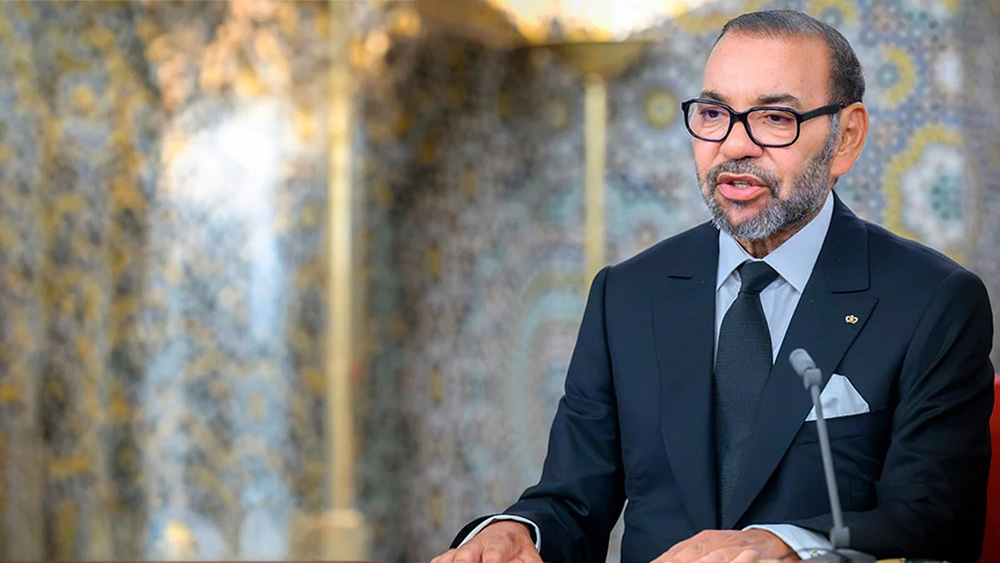On Monday, March 24, Morocco’s King Mohammed VI named new heads for three constitutional bodies in a move many found unexpected. These appointments align, however, with Morocco’s broader push for institutional modernization. Each new leader will oversee a body empowered by the 2011 Constitution to advise on governance, reinforcing checks and balances and promoting transparency. For over two decades, Morocco has pursued deeper social protections and greater accountability, a process accelerated under King Mohammed VI since 1999. His reign has ushered in reforms to alleviate poverty, broaden civic participation, and bolster independent oversight. Some analysts note that Monday’s announcement reflects urgency in addressing pressing policy demands.
A FORMER PJD MINISTER TAKES ON THE CESE
Among the three new leaders is Abdelkader Amara, now heading the Economic, Social and Environmental Council (CESE). A former parliamentarian with the Justice and Development Party (PJD) and minister for transport and water as well as trade and industry, Amara brings development expertise. His appointment is seen as a bid to ensure that the CESE continues to provide expert advice on Morocco’s socioeconomic challenges. Created under the 2011 Constitution, the CESE fosters dialogue among government, unions, employers, and civil society, offering recommendations on growth, employment, and welfare. By naming a former minister to lead it, the monarchy signals a willingness to include varied perspectives.
TWO STRATEGIC POSTS: Ombudsman and Anti-Corruption Chief
In addition to Amara’s appointment, two other key figures were nominated to head constitutional bodies. Mohamed Benalilou, previously Morocco’s Ombudsman, was appointed to lead the Instance Nationale de la Probité, de la Prévention et de la Lutte contre la Corruption (INPLLC), the country’s main anti-corruption body. Benalilou, a respected jurist with a background in public law and citizen advocacy, is expected to bring continuity to this institution tasked with promoting integrity and oversight.
Taking Benalilou’s place as Ombudsman is Hassan Tariq, a prominent academic and former parliamentarian affiliated with the Socialist Union of Popular Forces (USFP). Known for his contributions to political thought and social justice, Tariq is viewed as a symbol of political balance in the trio of appointments. The Ombudsman’s role is to mediate between citizens and public administration, resolve grievances, and promote fairness in governance. Each of these institutions holds constitutional status and reflects the 2011 Constitution’s emphasis on strong, independent bodies. By distributing leadership across diverse political and professional backgrounds, the monarchy appears to be promoting inclusivity and credibility.
These nominations also appear to reflect a broader effort to balance political sensibilities. With Abdelkader Amara coming from the moderate Islamist PJD and Hassan Tariq rooted in the socialist USFP, the appointments span Morocco’s political spectrum. This blend suggests a deliberate attempt to reinforce institutional legitimacy by integrating voices from across the ideological landscape, echoing the pluralist spirit of the 2011 Constitution.
A LEGACY OF REFORMS AND THE ROAD AHEAD
These appointments build on Morocco’s reform trajectory over the past twenty-five years. In 2004, the landmark reform of the Moudawana (Family Code) expanded women’s rights in marriage, divorce, and custody. The 2011 Constitution furthered these efforts by embedding civil liberties, limiting executive power, and reinforcing independent institutions. In 2021, King Mohammed VI launched a plan for universal social protection by 2025, including expanded health insurance, pensions, and family allowances. A nationwide rollout of direct cash transfers began end of 2023 to support low-income families and reduce inequality. While implementation challenges persist, these policies mark an ambitious redefinition of Morocco’s social contract. The new appointees will be expected to support these reforms, especially as the country contends with youth unemployment, regional disparities, and global economic pressures. Their ability to work across sectors and institutional boundaries will be key to the effectiveness of these roles.By choosing experienced figures from varied backgrounds, the King reaffirms a strategy centered on institutional strengthening and inclusive development. Observers will be watching to see whether these appointments yield tangible outcomes. Ultimately, they may shape Morocco’s institutional landscape for years to come.






